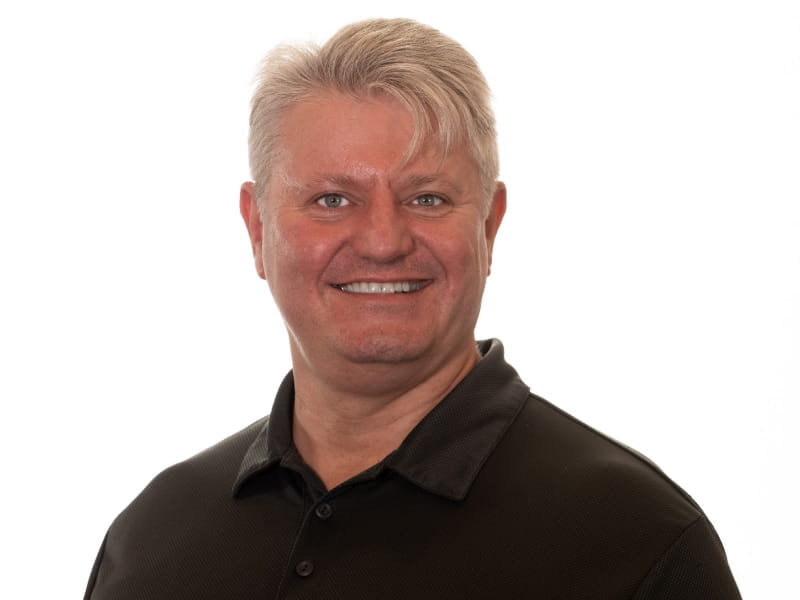Patient hopes to solve 'puzzle' of his heart condition

Adam Elliott — and his doctors — thought his racing, flip-flopping heart was due to anxiety.
They were wrong.
"When my heart would take off like that, I'd push on my chest," said the 49-year-old Kansas City resident. "That always seemed to help. I told my doctors about that trick, but it never tipped anyone off to what the real problem might be."
For a month in his early 30s, he wore a Holter monitor, a battery-operated portable ECG device that measured and recorded his heart's activity. But doctors didn't detect any heart problems.
So Elliott resumed his intense workouts — until he nearly blacked out one day. Finally, he met with an electrophysiologist, who diagnosed him with atrial flutter and prescribed medication and stress reduction.
"I knew this was coming," Elliott said. "I'd worried about heart stuff for my whole life and now here it was, like a premonition coming true."
It got worse. One day, at age 38, Elliott thought he was having a heart attack as he felt "excruciating" chest pain.
"I sat down and called for my wife," he said. "I thought of our 2-and-a-half-year-old and our 1-month-old. I was scared."
He went into atrial fibrillation in the ambulance, received medication and had a cardioversion procedure to restore his normal heart rhythm at the hospital.
"AFib shouldn't hurt," the doctor told him in the ER that altered Elliott's medical care — and life.
During the visit to the cath lab that followed, doctors found Elliott had a myocardial bridge, a condition in which a heart artery goes through the heart muscle instead of lying on the surface. When the heart contracts, the artery can become compressed, which decreases the blood supply to the heart muscle. His AFib was painful because the rapid heartbeat decreased his blood supply even more.
Elliott was prescribed new medication to control his AFib and had an ablation, a procedure that destroys a small area of heart tissue that causes rapid and irregular heartbeats.
But he'd get lightheaded when he stood up quickly or bent over. Knowing something still wasn't right, he kept pressing his doctors for more answers.
After several studies, tests and an echocardiography diagnostic test, doctors told him he had hypertrophic cardiomyopathy. It's usually caused by abnormal genes that make the septum, the wall of the heart's main pumping chamber, grow thick and stiffen, reducing blood flow into and out of the heart.
"It was a relief to have an answer for all the issues I'd been dealing with," he said. "But the answer was worse than I had thought."
Since his diagnosis nearly eleven years ago, Elliott has worked with his health care team to continue to refine his treatment. There are no specific medications for HCM, so each person must work with their health care team to develop the right plan.
Elliott has an implanted cardioverter defibrillator (ICD) aimed at keeping his heart rhythm regular. He's also had surgery to repair the myocardial bridge.
"My diagnosis is good to know, but it has left me feeling at times like damaged goods," Elliott said. "I haven't always dealt with that in the healthiest way. There were dark times when I would self-sabotage. But that's not how I want to live.
"I have a lot of guilt about the things I can't do with my boys. I wish they could have seen me when I was younger — before hikes and yard work started to hurt. HCM has changed how my boys see me and how I'm able to be there for them as a dad."
By working with a trusted health care team, Elliott hopes to solve the puzzle of HCM in his life.
"I knew about this, deep down, all along," he said. "It didn't make it easier, but I knew. When I didn't get answers, I had to keep going."
Learn more about hypertrophic cardiomyopathy at heart.org/HCM.





